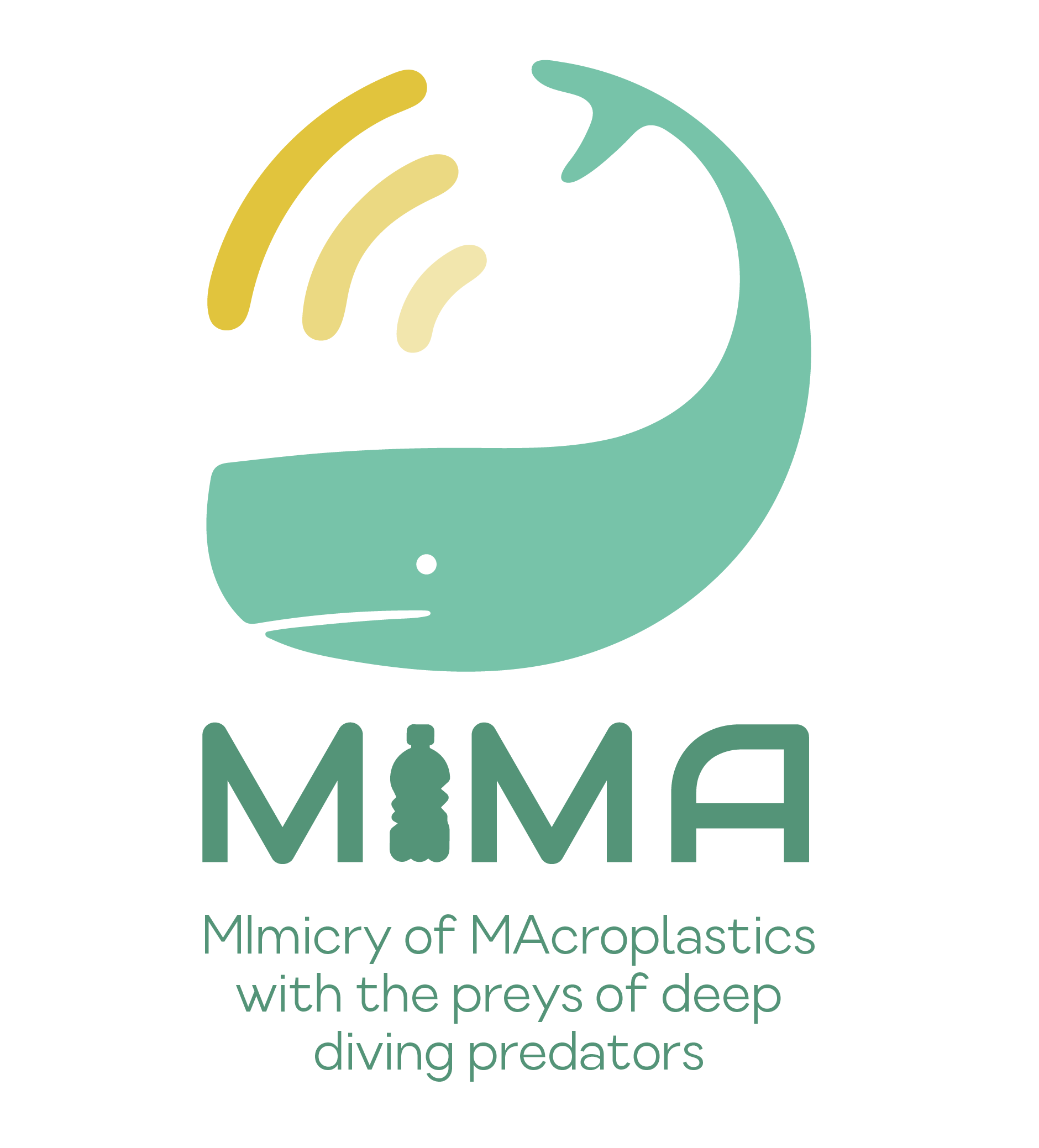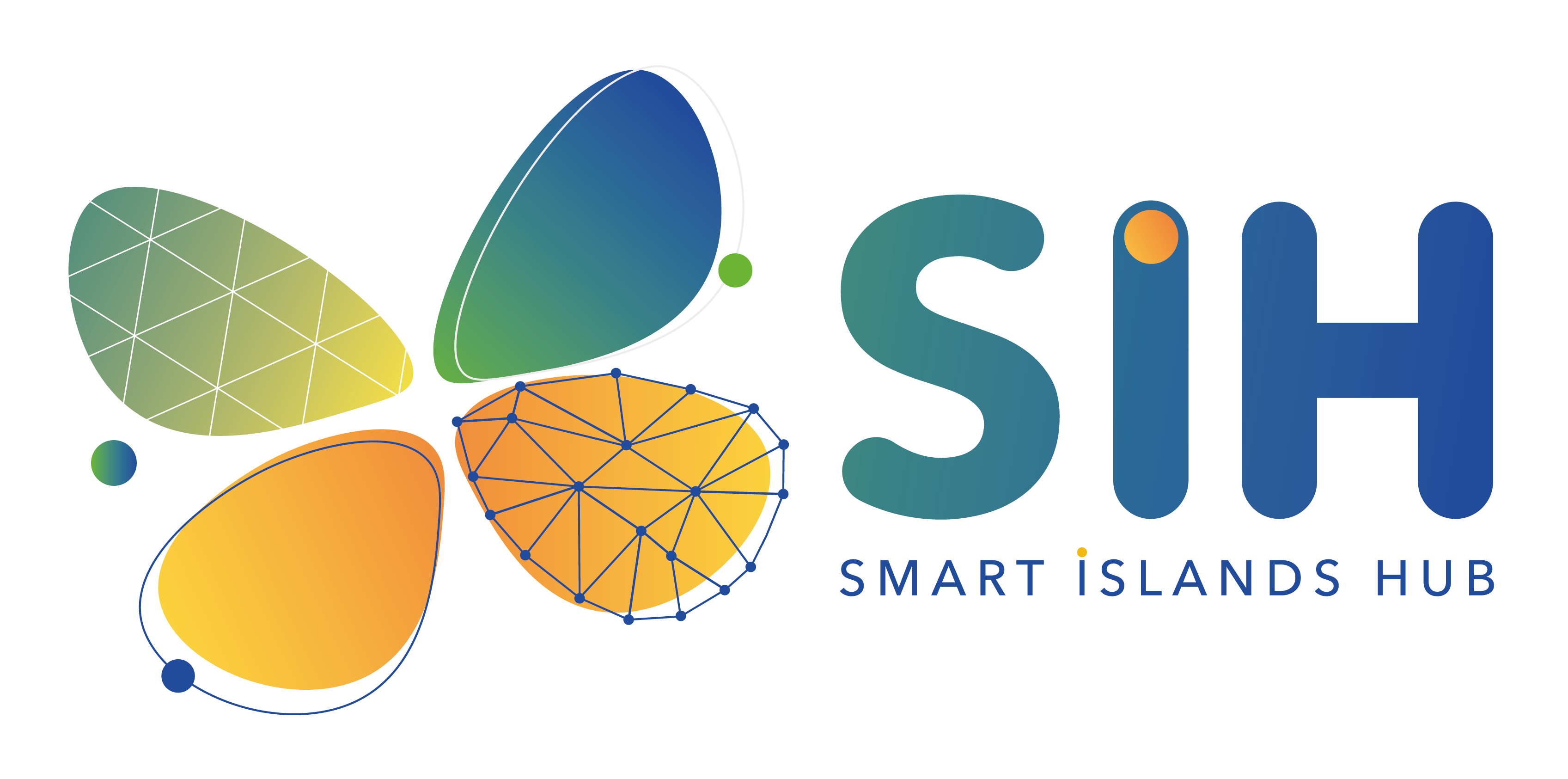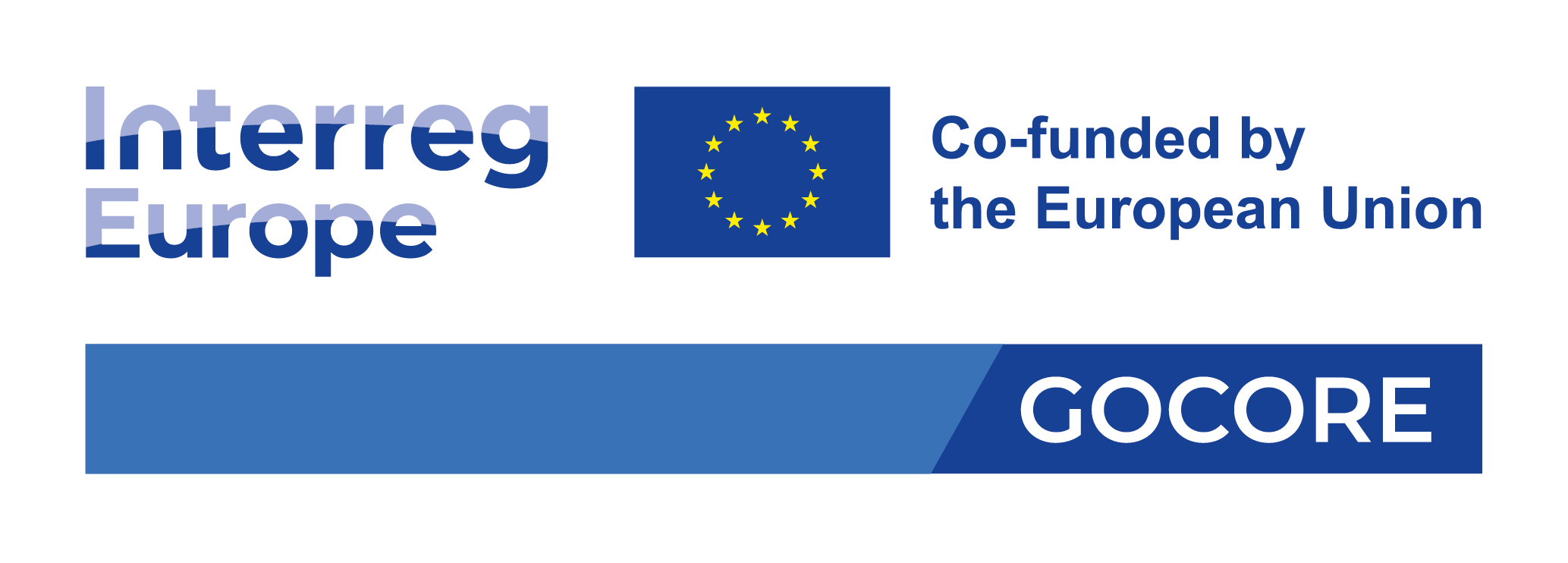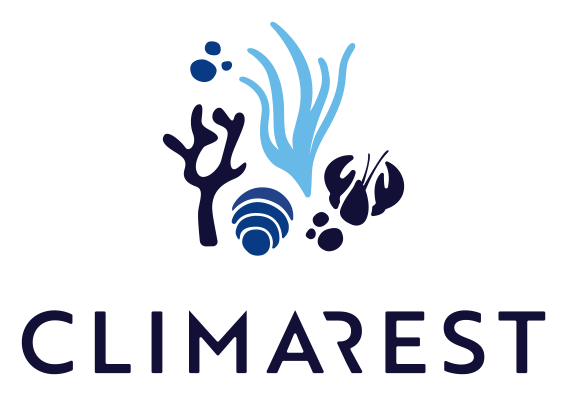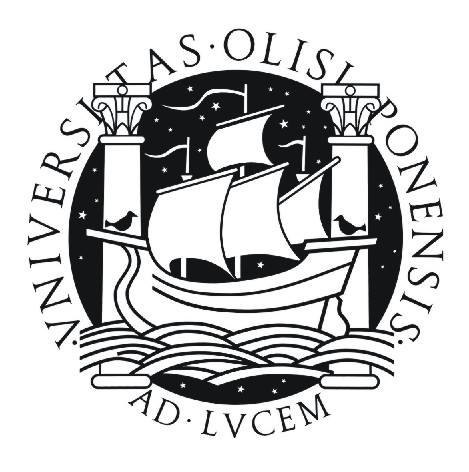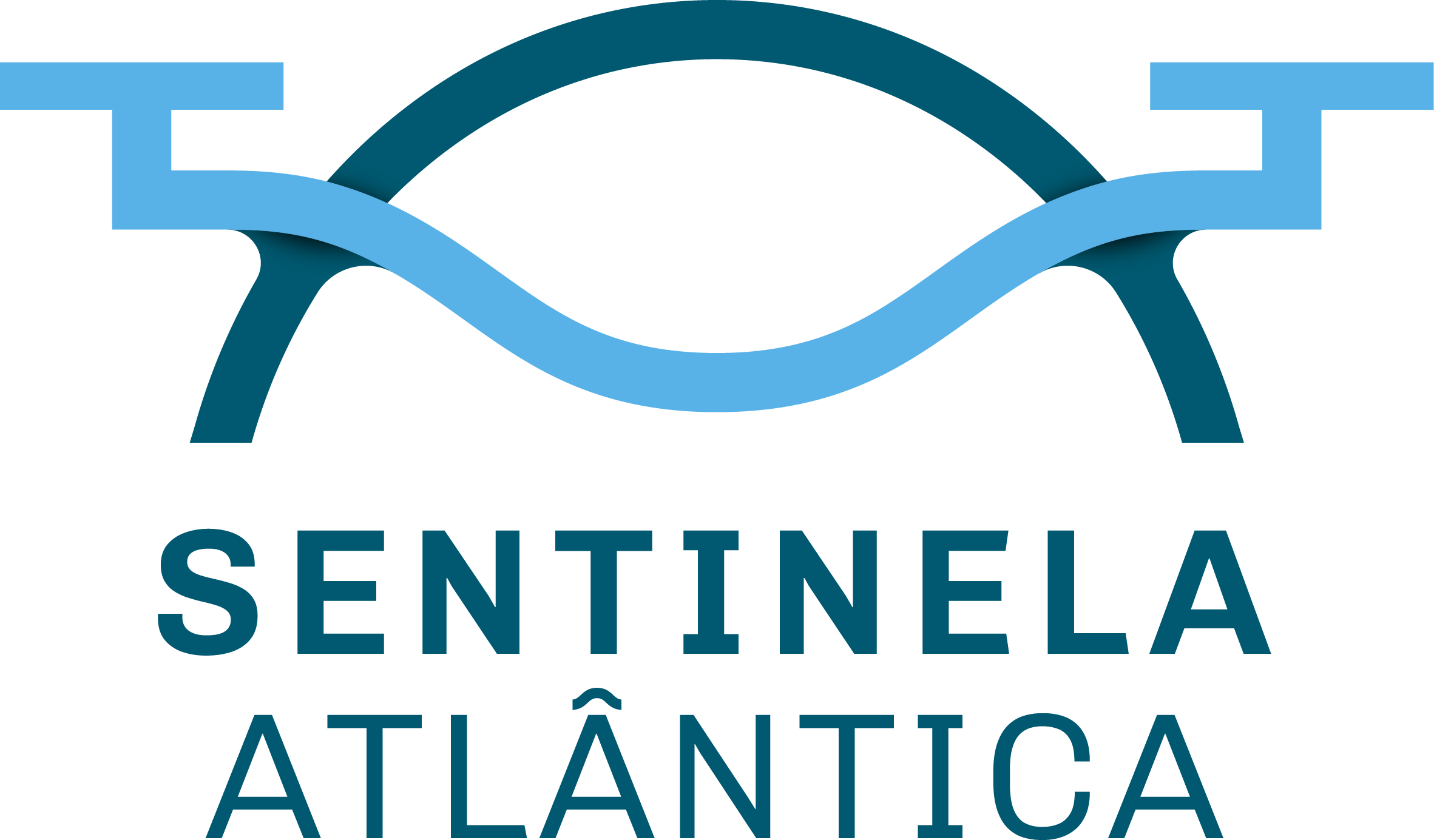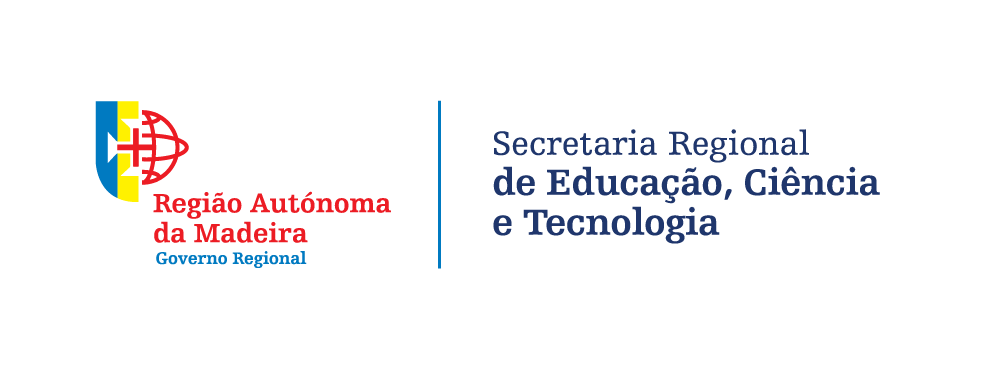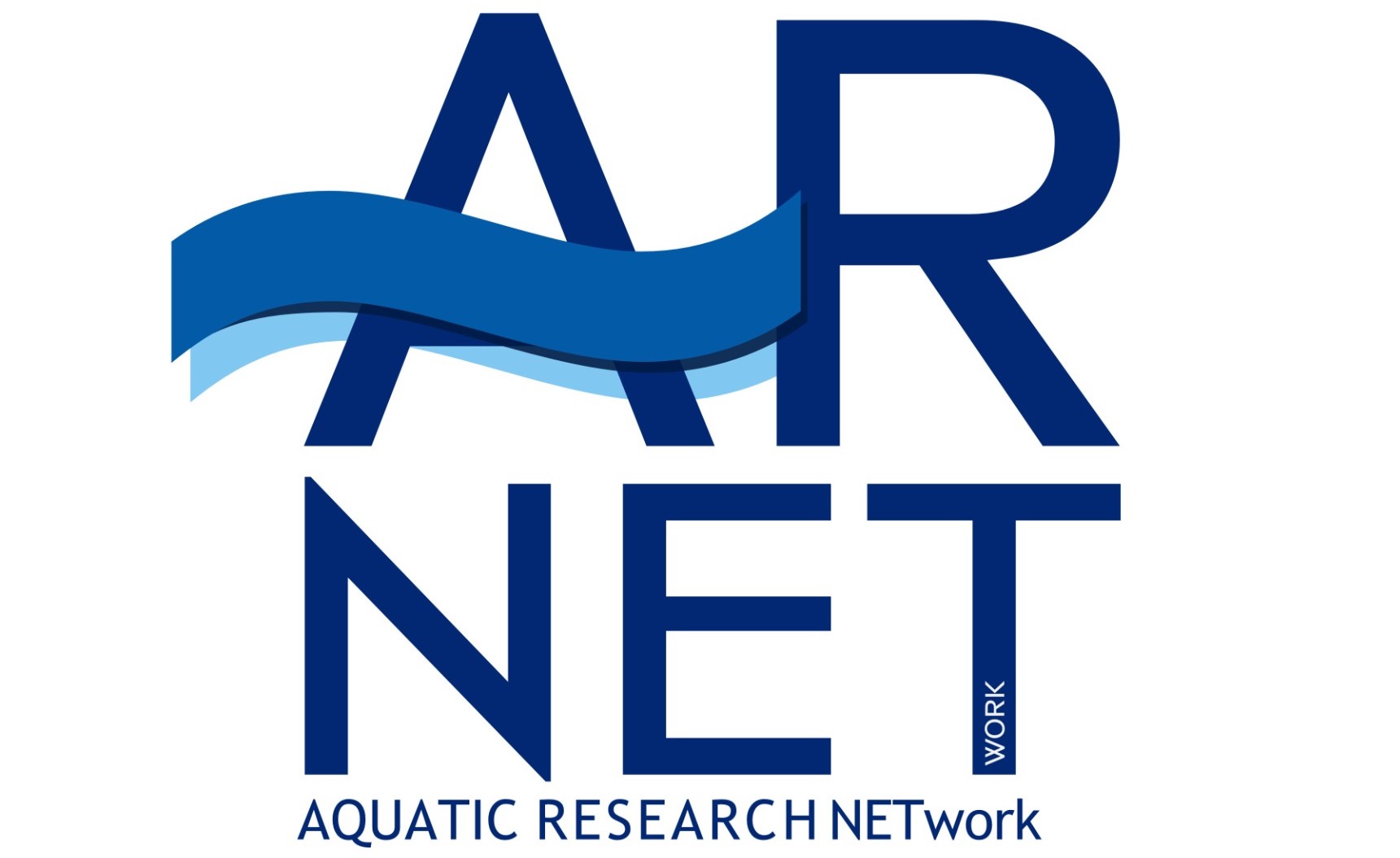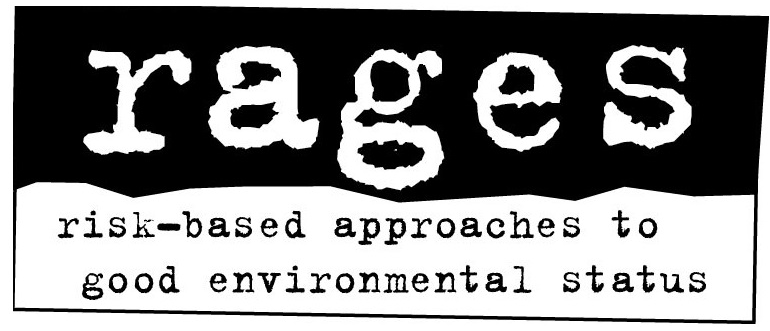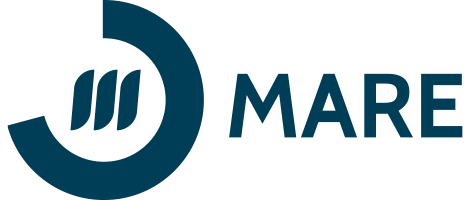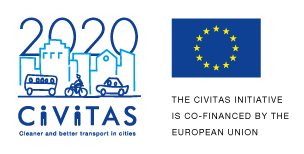
This initiative proposes the execution of the BIO_VALOR project by the AGROECORAM operational group, which intends to implement an integrated specialization strategy for the valorization of endogenous resources in regional fruit growing in MPB agricultural systems, and thus allow the introduction of scientific knowledge, technological development, ecological sustainability and economic profitability in the agricultural sector of RAM, and transversally, the promotion of sustainable territories located in rural areas.
In this way, the main objective of the BIO_VALOR project consists in the development of biofertilizers formulated with the combination of rhizobacteria and autochthonous microalgae for the sustainable valorization of traditional varieties of anonaceous, pome and stone fruits existing in RAM, promoting the increase of agricultural productivity, preservation of fertility of soil, conservation of agrodiversity and promotion of environmental sustainability, and mainly, the agroeconomic optimization of regional fruit growing in MPB agricultural systems.
Thus, the specific objectives of the BIO_VALOR project are the following: (1) Agronomic characterization of MPB agricultural systems based on technical-scientific knowledge derived from edaphoclimatic conditions, endogenous resources and agricultural ecosystems; (2) Biotechnological production of autochthonous rhizobacteria and microalgae for the formulation of specialized biofertilizers for regional varieties of annonaceae, pome and stone; (3) Ecological biotransformation of agricultural residues for the formulation of nutrient-rich organic substrates; (4) In situ monitoring of biofertilizer application results and obtaining predictive data for the development of an agronomically oriented dynamic biofertilization approach for regional fruit growing in MPB farming systems; and (5) Increased transfer of scientific knowledge and technological development through cooperation between scientific institutions, companies and associations of the operational group for the introduction of new products, methods and techniques with a high degree of innovation in the agro-food sector of RAM.
ARDITI, as the initiative's management entity, is responsible for the technical coordination of the BIO_VALOR project and the respective organization of activities and tasks, as well as for communication between partners, preparation of reports, monitoring of the results obtained and subsequent dissemination in the media and scientific events, being also the entity responsible for the participation of ISOPLEXIS at the University of Madeira.
Thus, ARDITI-ISOPLEXIS is responsible for collecting agronomic data from the MPB agricultural systems in RAM and for carrying out the respective technical-scientific analyses for monitoring edaphoclimatic conditions, characterizing endogenous resources and identifying agricultural ecosystems, including the characterization of the microbiome autochthonous. ARDITI-ISOPLEXIS also participates in the biotransformation of agricultural residues and in the in situ monitoring of the results obtained in the application of biofertilizers in MPB agricultural systems and by obtaining predictive data that allows an agronomically oriented biofertilization.
ACOESTE is responsible for selecting regional agricultural producers of Annonaceae, pome fruit and stone fruit and the respective technical coordination of experimental field trials in MPB agricultural systems. ACOESTE also participates in the characterization of the autochthonous microbiome and in the in situ monitoring of the results obtained in the application of biofertilizers in MPB agricultural systems.
AGROFOOD TECHIS is responsible for the biotechnological production of autochthonous rhizobacteria, biotransformation of agricultural waste for the production of organic substrates and formulation of specialized biofertilizers. AGROFOOD TECHIS also participates in the characterization of the autochthonous microbiome and in the in situ monitoring of the results obtained in the application of biofertilizers in MPB agricultural systems and in obtaining predictive data that allow an agronomically oriented biofertilization.
PHYTOALGAE is responsible for the biotechnological production of indigenous microalgae with agronomic potential and also participates in the characterization of the indigenous microbiome and the formulation of specialized biofertilizers.
With the BIO_VALOR project, the AGROECORAM operational group intends to fill in the lack of scientific knowledge and technological development in the regional agricultural sector, namely in MPB agricultural systems, through the development of a biotechnological process for the integrated production of biofertilizers for the preservation of soil fertility and plant robustness in these agricultural systems, significantly increasing agricultural productivity without compromising ecological sustainability. The biotechnological process of producing ecological biofertilizers is based on integrating knowledge.
| Project Designation: |
|
BIO_VALOR - Estratégia de Especialização Integrada para a Valorização Sustentável de Recursos Endógenos na Fruticultura em Modo de Produção Biológico (PRODERAM20-16.2.1-FEADER-02551) |
| Program: |
|
NG-PRODERAM2020 (Next Generation)/IFAP |
| Start Date: |
|
03/05/2022 |
| End Date: |
|
31/03/2025 |
| Total Budget: |
|
576 520,99 € |
| Funding: |
|
518 868,89 € |
| ARDITI budget: |
|
163 731,56 € |
| ARDITI funding: |
|
147 358,41 € |
| Coordinator: |
|
ARDITI |
| Partners: |
|
Agrofood Techis, Unipessoal, Lda., Phytoalgae, Lda., ACOESTE - Associação da Costa Oeste. |
| Website: |
|
https://agriculture.ec.europa.eu/common-agricultural-policy/rural-development_pt |
This project is aligned with the following Sustainable Development Goal (SDG):
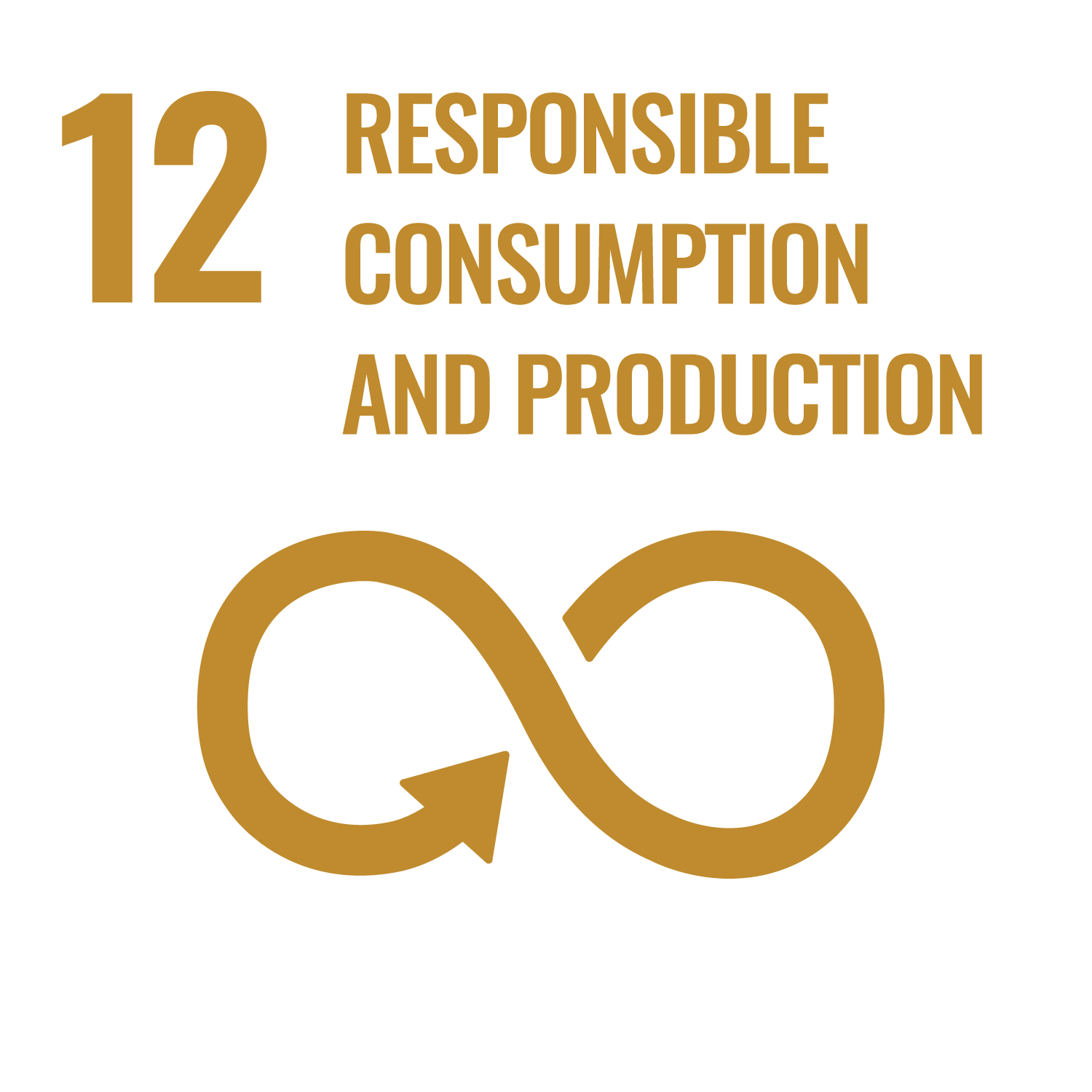
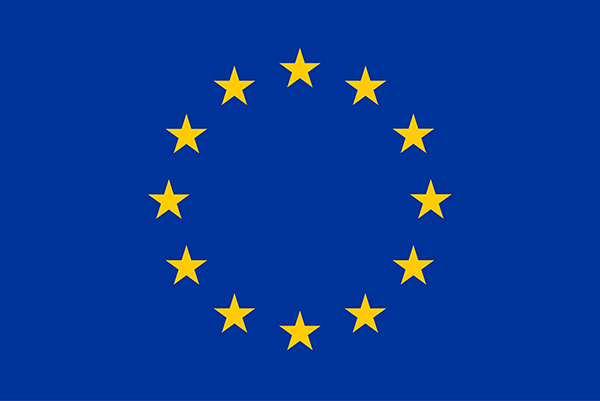







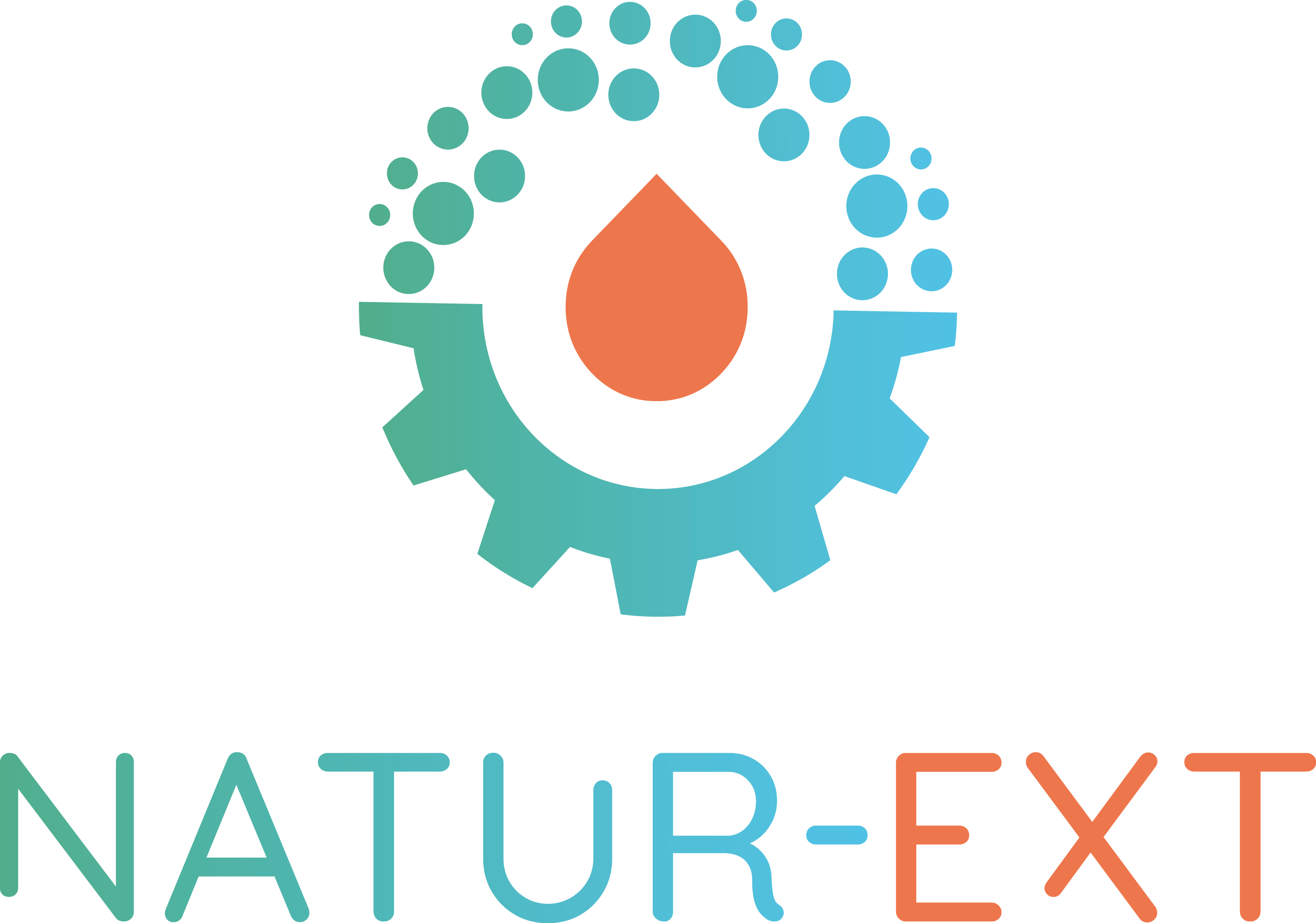

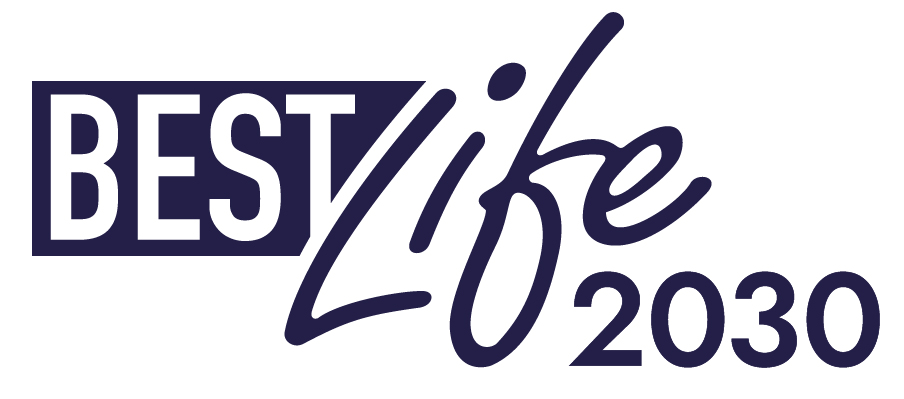


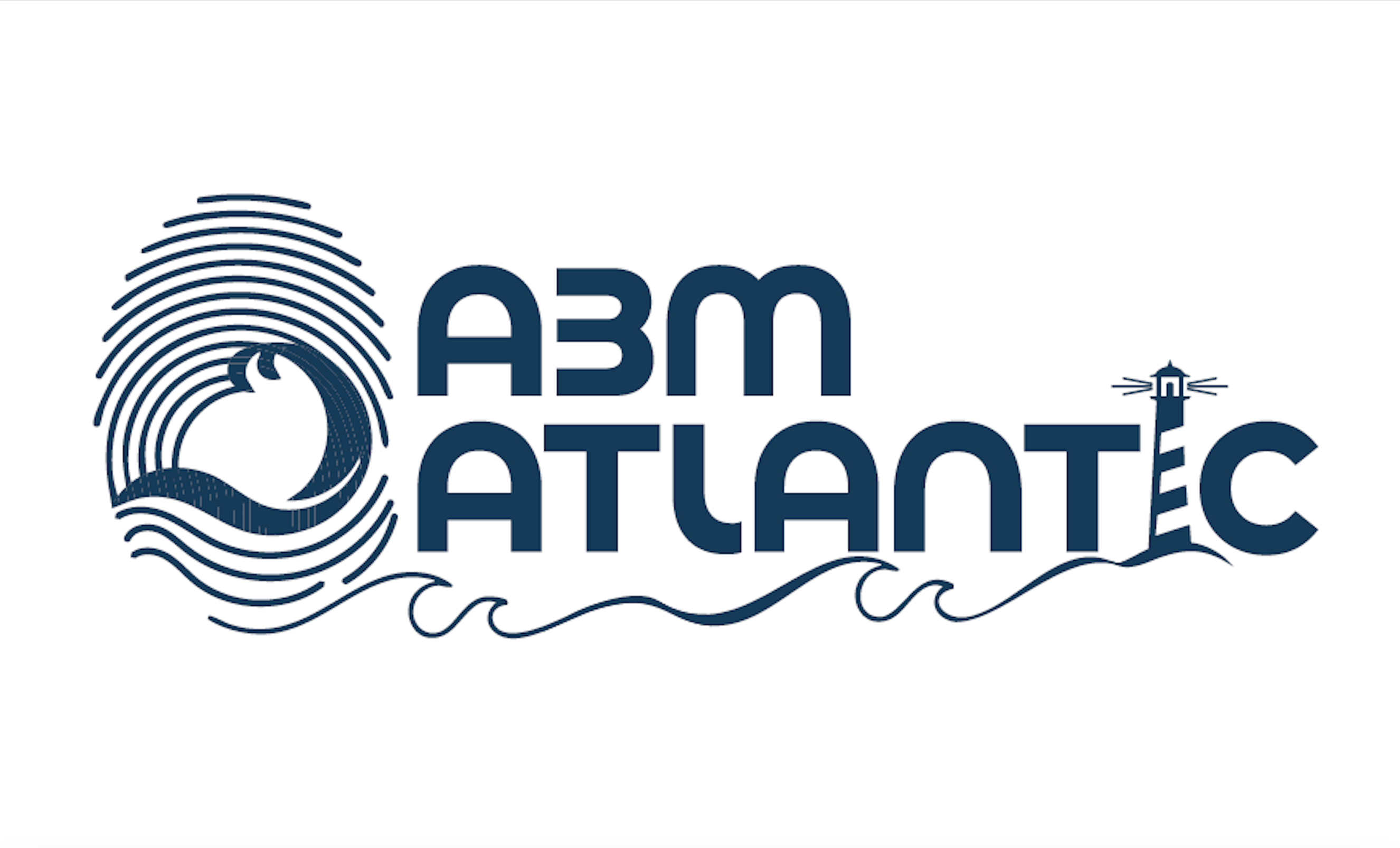
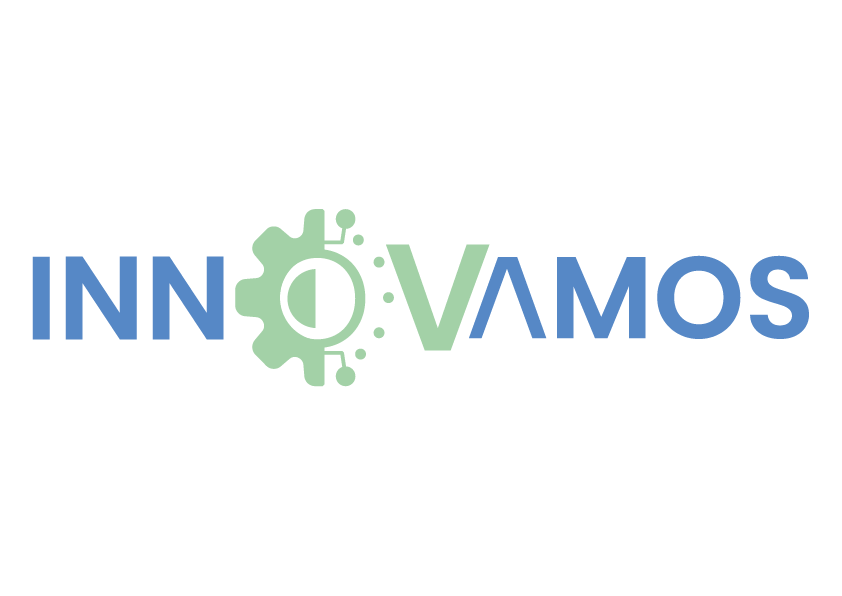
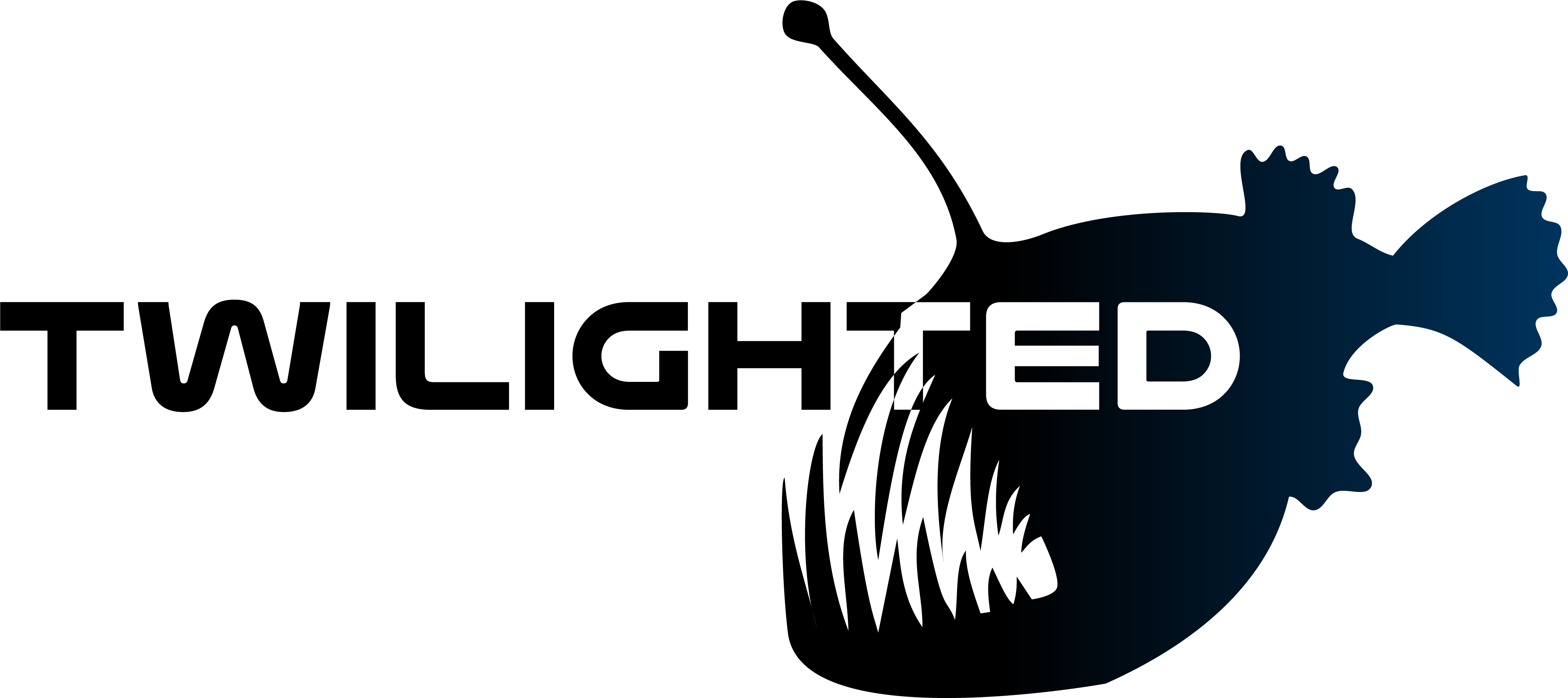



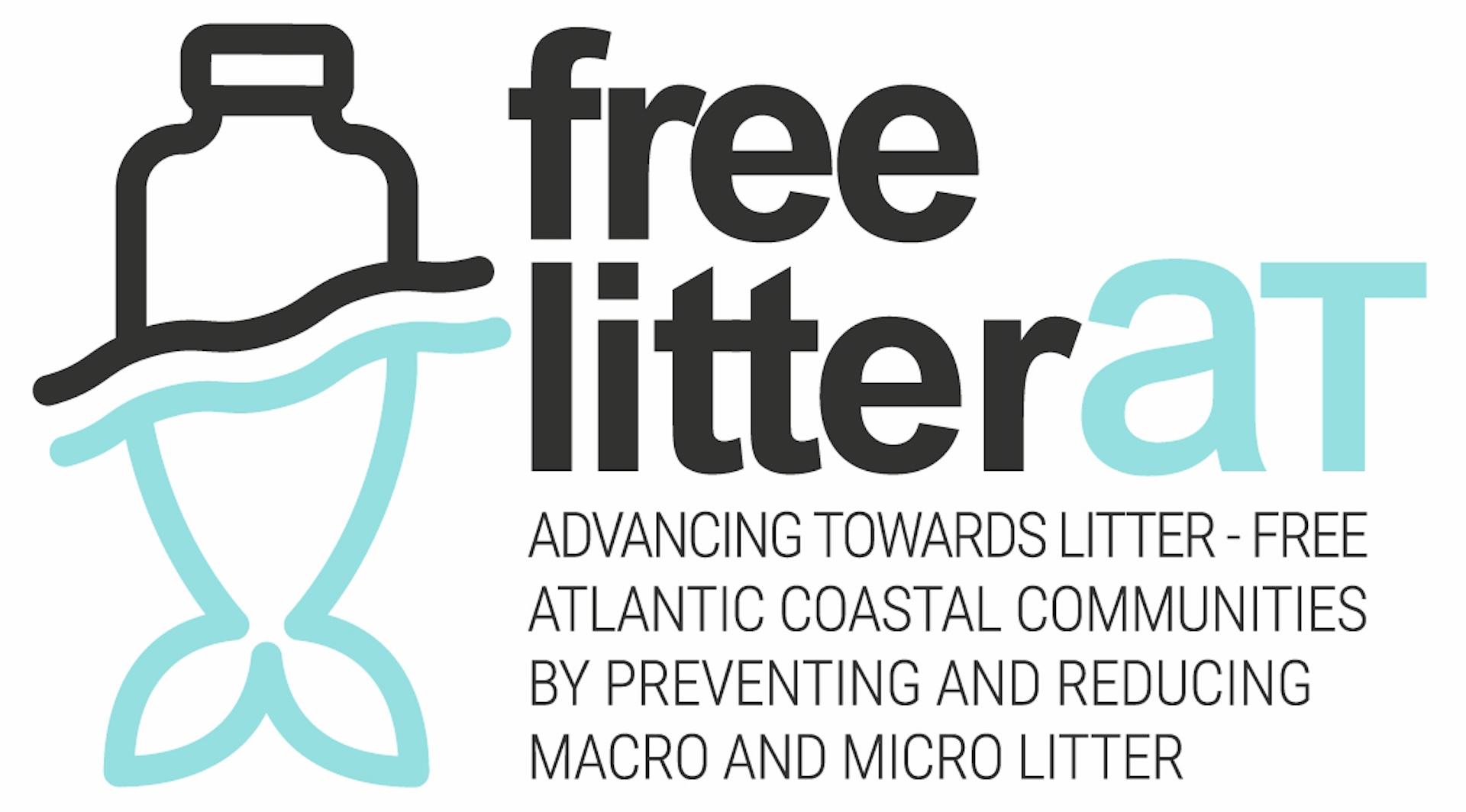
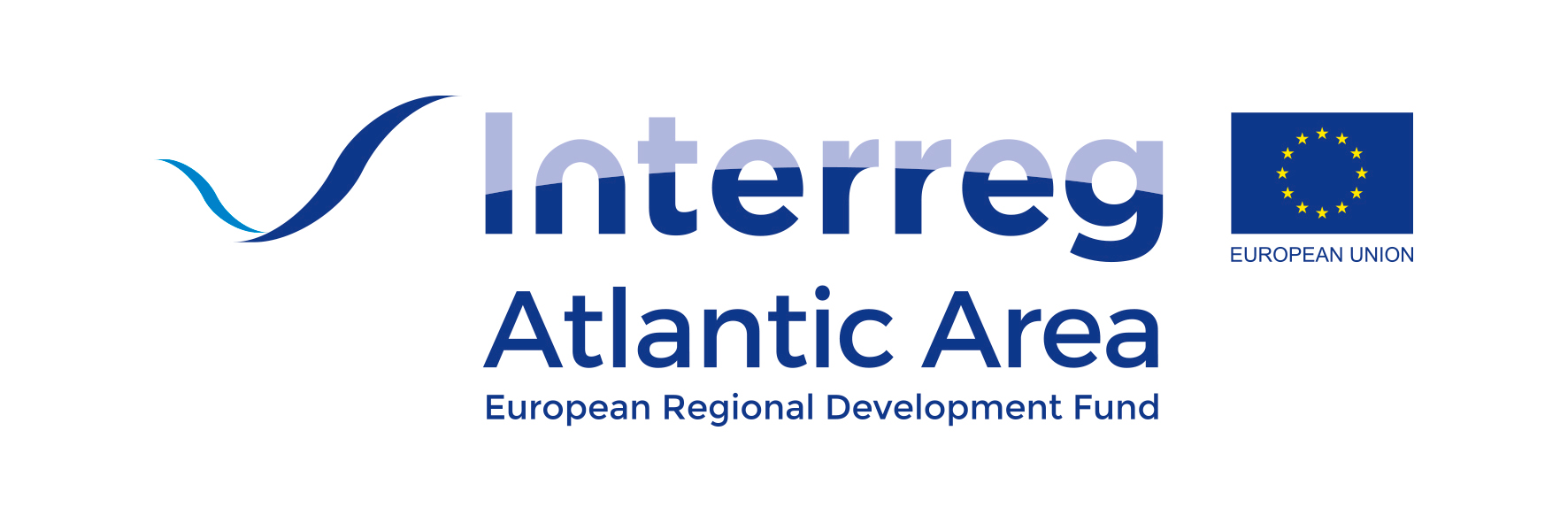




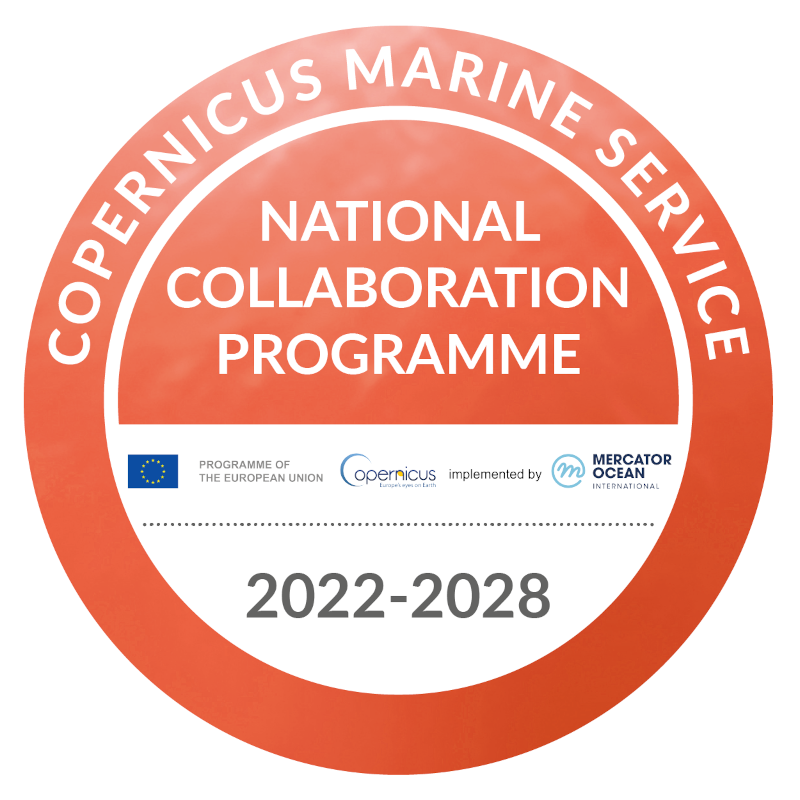
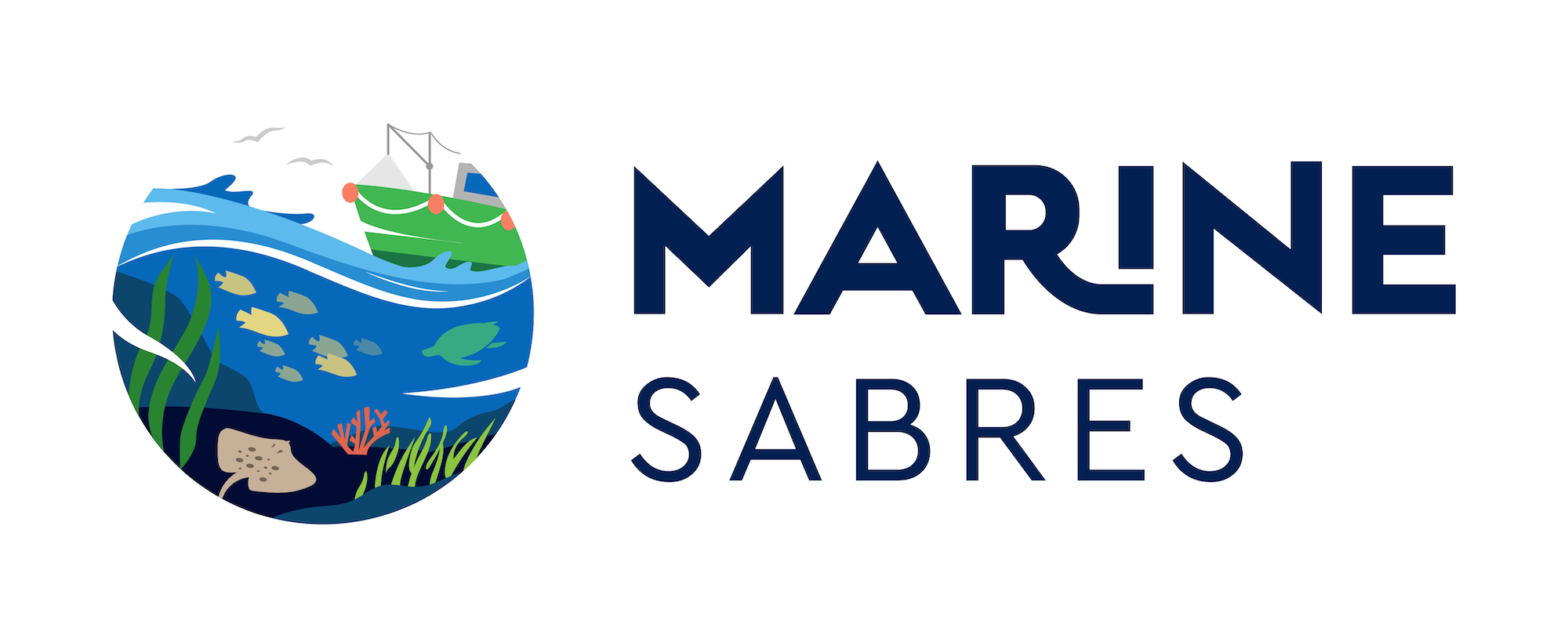 Marine Biodiversity loss is continuing to decline despite current conservation efforts. Reversing the decline in biodiversity requires rapid roll out of effective conservation measures that can also enable a sustainable and resilient blue economy. Social-ecological systems-thinking and Ecosystem-Based Management are globally recognized tools to enable balanced marine development and conservation. Marine SABRES will co-design as Simple Social Ecological Systems approach (the Simple SES) to rapidly enable and upscale EBM (Ecosystem-Based Management) across Europe and abroad. Marine SABRES will set European marine management on a course to reverse biodiversity decline, it will conserve and protect biodiversity by integrating sustainable ecosystems and a resilient blue economy; enable managers to make sustainable decisions; empower citizens to engage with marine biodiversity conservation; promote sustainable development and in coastal and marine sectors. Marine SABRES is comprised of an interdisciplinary consortium including world leaders in the field of EBM and Social Ecological System distributed across Europe and focusing demonstration of practical management efforts in three Demonstration Areas (Tuscan Archipelago, the Arctic North-East Atlantic and Macaronesia) before upscaling throughout Europe and beyond.
Marine Biodiversity loss is continuing to decline despite current conservation efforts. Reversing the decline in biodiversity requires rapid roll out of effective conservation measures that can also enable a sustainable and resilient blue economy. Social-ecological systems-thinking and Ecosystem-Based Management are globally recognized tools to enable balanced marine development and conservation. Marine SABRES will co-design as Simple Social Ecological Systems approach (the Simple SES) to rapidly enable and upscale EBM (Ecosystem-Based Management) across Europe and abroad. Marine SABRES will set European marine management on a course to reverse biodiversity decline, it will conserve and protect biodiversity by integrating sustainable ecosystems and a resilient blue economy; enable managers to make sustainable decisions; empower citizens to engage with marine biodiversity conservation; promote sustainable development and in coastal and marine sectors. Marine SABRES is comprised of an interdisciplinary consortium including world leaders in the field of EBM and Social Ecological System distributed across Europe and focusing demonstration of practical management efforts in three Demonstration Areas (Tuscan Archipelago, the Arctic North-East Atlantic and Macaronesia) before upscaling throughout Europe and beyond.
